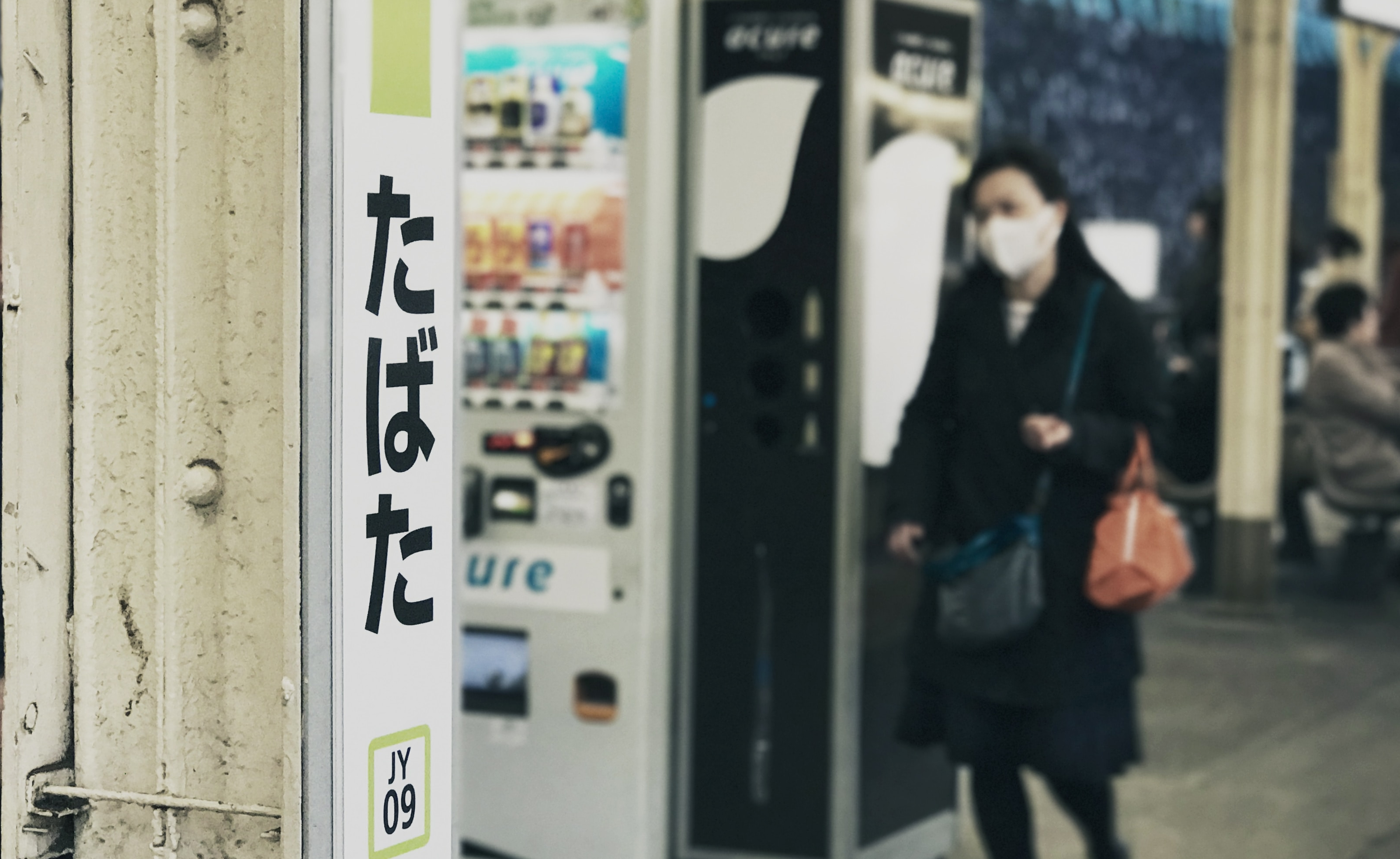From a car, the camera follows a bus. There are 14 people in it. They’ve just arrived from China and are heading towards a hospital. They’re healthy, we know, but the protocol established by healthcare authorities requires them to be quarantined and tested to confirm that they will not spread the odd coronavirus that has gripped the world in fear across Spain. The coverage lasts all afternoon long, with TV stations broadcasting live a “no news” event which, regardless, keeps audiences tuned in.
In the age of data, emotions rule supreme. Figures are used taken out of context, and the communications are managed to create a reality that bears almost no resemblance to the one that data portray. The message builds new facts detached from the data from which it stems. In this regard, the case of the coronavirus that emerged in the Chinese city of Wuhan is paradigmatic.
The data is there: right now the death toll stands at 1,116 people at the outbreak’s ground zero. Of the more than 45,000 people that have been infected, more than 5,000 have already recovered. Health authorities across the globe have already rolled out action protocols, but, according to the figures, the coronavirus has barely crossed the boundaries of the Hubei province.
Based on these raw data, there seems to be no reason to be scared. In the context of China, a country with a population of 1.4 billion people, the disease’s incidence is low. Furthermore, healthcare controls in the rest of the world are helping to prevent contagion, and according to the doctors, the measures to prevent it from spreading are the same ones we should follow to avoid catching the flu from our neighbor. The vaccine against the disease is already on its way.
However, the media feeding frenzy is keeping everyone glued to the story and social media accounts are on fire. Meanwhile, the Mobile World Congress in Barcelona, 9,407 kilometers from Wuhan, has been called off. What’s happened for the coverage of an apparently confined and barely relevant event to have tangible consequences that have so little to do with its true severity?
In this case in particular, several factors have coalesced to allow the story to fabricate new facts, regardless of the reality they’re narrating.
1. Society’s state of mind
In a context of uncertainty, fear emerges, we seek immediate security against any kind of threat. Regardless of how unlikely it is that we’ll even be affected by the coronavirus, we want reassurance that it remains far away from us. We crave for certainty or, rather, a perception of security. The catastrophist story drives us to look for a shelter, although we already have it.

2. The trust crisis
We live in an widespread trust crisis. Studies, such as those published by Edelman every year, conclude that the credibility of institutional and business sources is crumbling. In the case of the coronavirus, it is easy to distrust the Chinese regime due to its traditional lack of transparency. Not only does the average person find it hard to completely believe their reports, but expert voices are questioning their data.
3. The media context
The media, including those run by a single person, prioritize hoarding attention over the relevance of the facts. In a case like this, fuelled by our fears, draws huge audiences, permanently monopolizing their time. 14 healthy people travelling by bus to a hospital is not news, but it keeps millions of people stuck to their TV sets, and stirs up heated debates on social media.
These three elements, on top of a morbidly appealing theme, combine to allow the different parties that influence communication to add their interests to the story, generating a new reality, which is what we’re talking about here: The coronavirus story has an impact on business relationships, drives business in the age of attention economics and ends up modifying behaviors across the globe, even when prevention measures don’t differ from those we already observe to avoid contracting other diseases.

How can these situations be avoided?
How to adapt reality and information to avoid disrupting the lives of so many unnecessarily? The solution is difficult, if not utopian. First of all, it requires restoring institutions’ credibility. And to do this they must work on recovering the authoritative voice they’ve lost. This process requires time, transparency and provable experience.
On top of this, communications professionals should contribute with a responsible attitude. Some events may not generate enough revenue for a media company, because they’re not catchy enough to grasp the everyone’s interest and generate endless Twitter exchanges, but journalists and communicators’ job is to stick to reality, not to force it or beautify it to grow their audience. Companies need to earn money, of course. But they should always honor their pledge to society.
Thirdly, we all, as members of the audience, as users, must be more demanding and critical of the information presented to us. Accepting out-of-context data, making decisions based on non-expert opinions, makes us worse citizens, keeps us hostage to disinformation. If it is easy to grab our attention, it’s because we are predictable, because we assume arguments without having an informed opinion. We wolf down data at the same speed messages get buried in our ‘timelines’. And we process them at the same rate. Thus, we can hardly draw sensible conclusions and become pliable. And that’s when conspiracy theories emerge, necessary to understand a reality that, in most cases, has been poorly relayed to us.
Txema Valenzuela
Comments on this publication